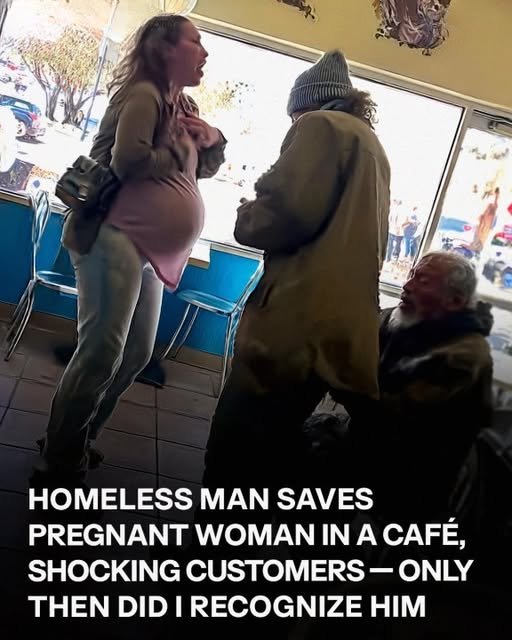The story of a homeless man saving a pregnant woman is more than a tale of heroism; it’s a profound lesson in grief, guilt, and the long road to healing. Dr. Swan was a skilled physician until his world shattered. After his wife and daughter were killed in an accident, he was consumed by a debilitating guilt. Despite his medical expertise, he couldn’t save his own family, leading him to believe he was a fraud who had lost the right to help others.
This cognitive distortion, common in profound grief, led him to abandon his identity. He became a homeless man, anonymously performing small acts of service like cleaning streets, perhaps as a subconscious penance. The emergency in the café forced his trained instincts to the surface, and in saving two lives, he performed an exposure to his own trauma. He was forced to use his skills again and was met with a successful outcome. This experience, combined with a witness who affirmed his past goodness, began to challenge his negative self-narrative.
Spencer’s recognition served as a crucial intervention. By connecting him to a past success—saving her father—she provided a tangible counter-narrative to his story of failure. Her gratitude and the evidence of his ongoing value created a cognitive dissonance that his life of self-punishment could no longer sustain. His decision to return to the hospital represents a moment of post-traumatic growth, where he chose to integrate his loss into his life rather than be defined by it. His journey shows that sometimes, the path through grief is not walked alone, but is illuminated by the people we have helped along the way.


